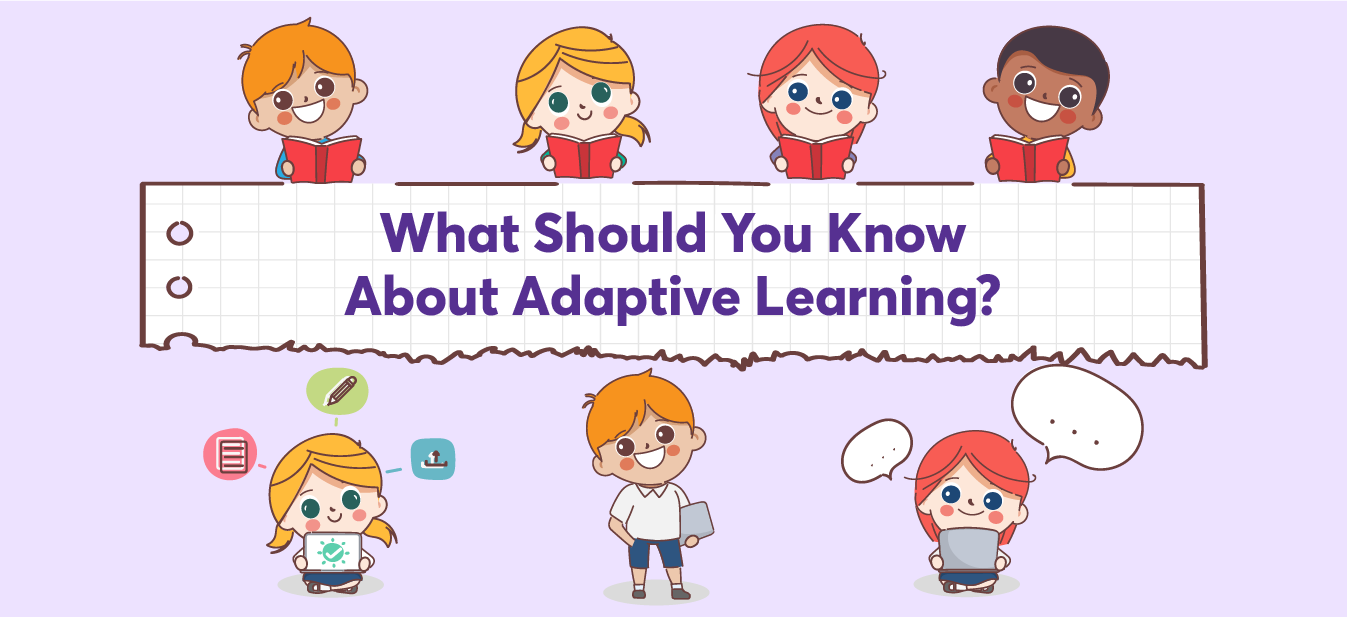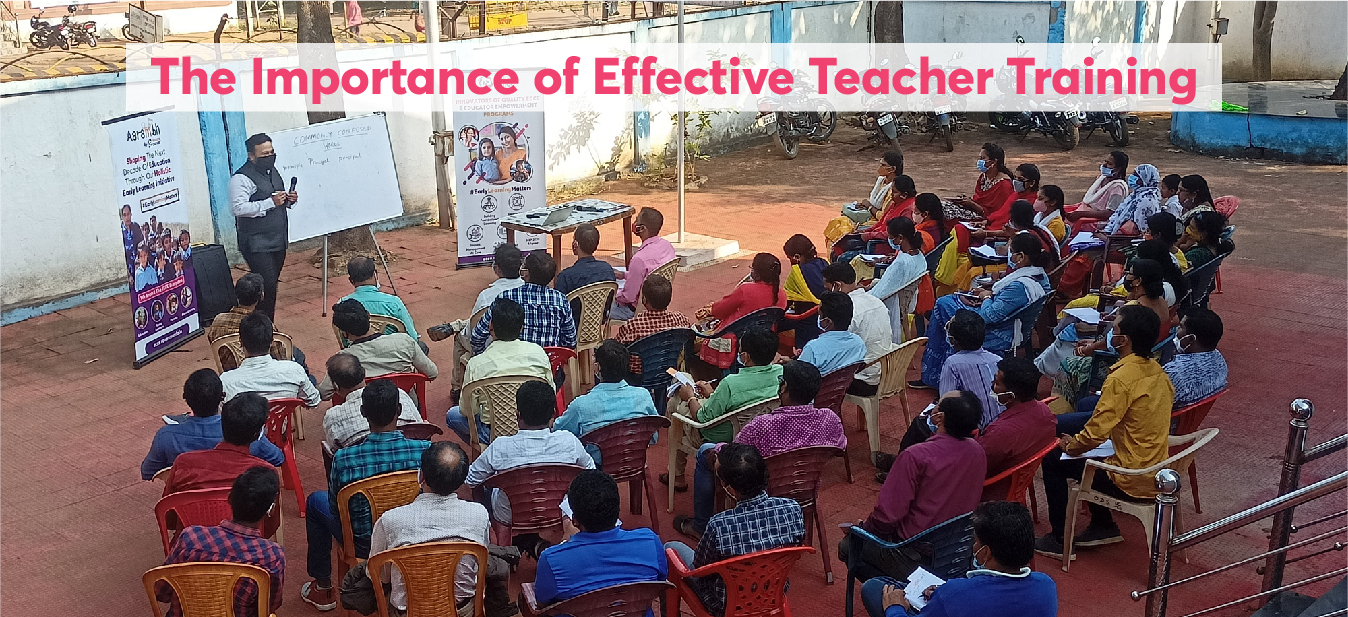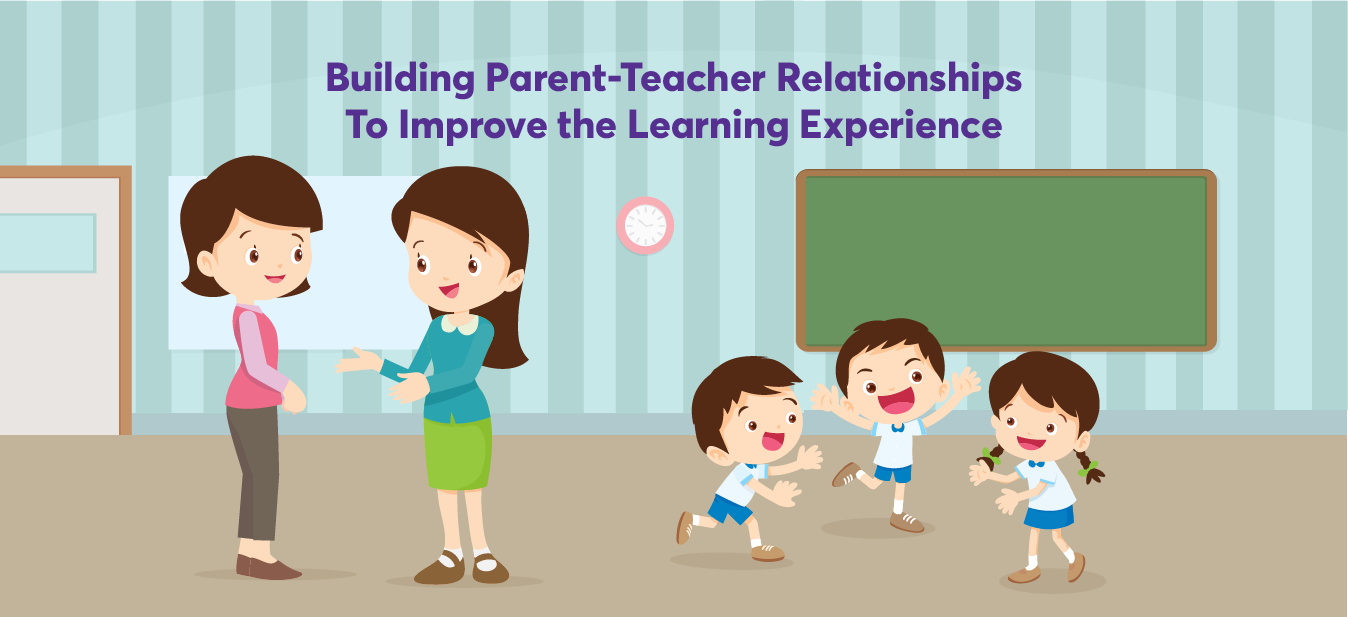Our learning ability is becoming increasingly agile as technologies and methodologies improve. This agility gives us the flexibility to customize lessons, assignments and assessments in ways teachers have never before been able to. Adaptive learning is a method of delivering instruction that adapts to each student’s needs. Educators often use it to personalize learning for students and can be used in multiple settings, from K-12 classrooms to corporate training programs.
Adaptive learning is different from other teaching methods because it dynamically changes the content being presented based on how well a student masters it. This allows instructors to deliver content at an appropriate difficulty level for each student, rather than presenting material at one level for all learners.
The process of adaptive learning involves four significant components: analysis and modeling, machine learning and artificial intelligence, content optimization, and personalization. It’s based on the principle that every student has a unique set of needs and abilities, and it aims to help them reach their potential by providing instruction tailored to their specific needs. Research has shown that adaptive learning tools improve outcomes for students of all ages and subject areas.
Advantages of Adaptive Learning
As the education landscape has changed over the past decade, so have the expectations for innovation in classrooms. Educators now have access to digital tools, from interactive whiteboards and online resources, that allow them to customize lessons and provide individualized instruction. This is especially true for early education programs, where students are often grouped by age with slight variation in ability levels or interests among classmates.
Adaptive learning can be used in any subject or grade level, but it is most commonly applied to reading and math because these subjects are taught through multiple grade levels. Adaptive learning allows teachers to tailor instruction to meet the needs of individual learners by adjusting the speed, difficulty and type of questions presented based on a student’s responses.
The benefits of adaptive learning go beyond just increasing efficiency in the classroom. It also gives teachers more time to focus on individual students’ needs while improving student engagement through personalized learning experiences. Here are some of the advantages of adaptive learning in school:
👉 Teachers Can Personalize Learning for Each Student
Teachers can use adaptive technology to provide frequent formative assessments throughout a lesson to identify where each student needs more support or challenge. Teachers can then use this information to adjust instruction accordingly during the lesson so that each student is challenged appropriately. This ensures that no student is falling behind in class or missing out on essential concepts because they’re too far ahead of other students in their class.
👉 Students Learn at Their Own Pace
Adaptive learning allows students to move through lessons at their own pace. Students may be able to complete lessons quickly or take more time on certain concepts if they need it. This allows students to learn at an appropriate rate, rather than being required to move through material quickly or slowly based on the class average. These systems are especially effective for students who find that their understanding of the material is different from what was expected—for instance, if they don’t remember certain vocabulary or concepts from class or need extra practice on specific skills.
👉 Increased Engagement
Students can learn at their own pace and get immediate feedback on their progress, which helps them stay engaged in the lesson. This means that students who struggle with a concept or skill will be less likely to become frustrated and disengage from the class altogether. In addition, because adaptive learning systems are based on data collection and analysis, they can tailor lesson plans differently. Likewise, if a lesson or topic interests a student, the system will expand on it to keep that student engaged.
👉 Improved Test Scores
Students who receive individualized instruction tend to score higher on standardized tests than students who receive traditional instruction. This is because they can focus on topics they need more help with instead of being forced to move through the material at a specific pace regardless of their ability level.
👉 Better Understanding of Concepts and Skills
When students receive individualized instruction, they can take time with each concept or skill until they fully understand it before moving on to the next. This means they have a better grasp of the material and can apply it more effectively in future situations outside school. There are many types of adaptive learning software programs available today. Many of these programs allow teachers to create content, assign quizzes and exams, and track student progress through the coursework. Some programs even offer analytics reports that show educators how well their students are doing in each subject area to make adjustments if needed.
Adaptive learning is not a one-size-fits-all solution. While it can support some forms of learning, it is vital that teachers avoid quickly jumping on the bandwagon without appropriately considering the pedagogical or strategic benefits and repercussions.
Square Panda’s comprehensive programs use an adaptive learning model to provide personalized learning experiences. Our programs incorporate multisensory elements, storytelling, music, and games to encourage lively, interactive lessons and develop solid foundations for lifelong learning. To know more, visit ecce.squarepanda.in



